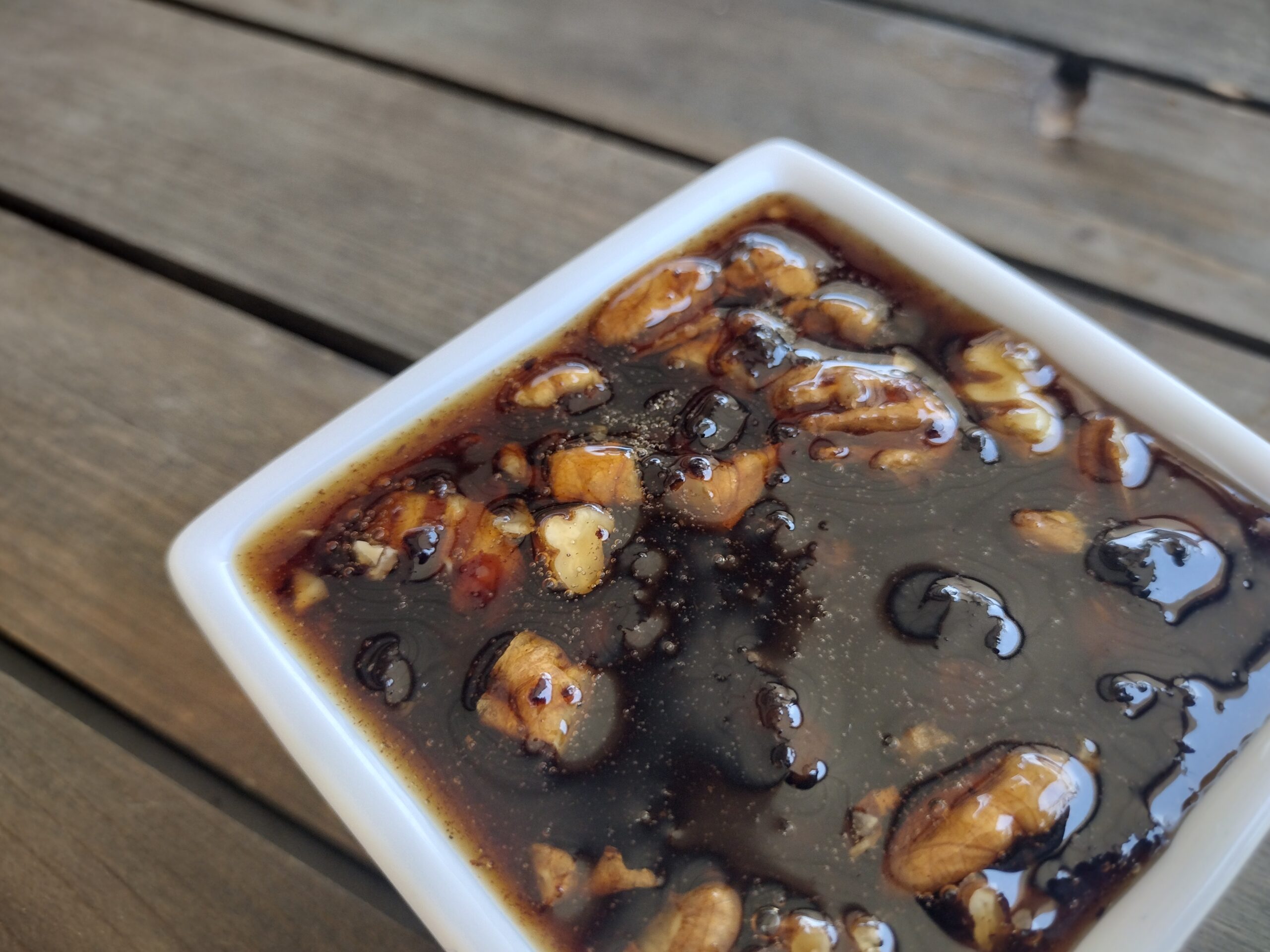Hi, it’s Jill again! The last time I shared on this blog, I wrote about my childhood—about growing up in a Polish Catholic family. That’s what a lot of folks know about me. But if you are around me much, you will easily discover another thing. I love coffee. My favorite is a dark roast. Something plain. I really like how coffee tastes, how it smells in the morning and how a warm cup feels in my hand on a cold day. But it wasn’t always that way. Growing up, my folks were avid coffee drinkers and I never understood the allure. I would beg for a sip and then cringe. It tasted awful. Bitter. Horrid.
Things changed when I went to college. I worked my way through school waiting tables. My shifts were from 4 PM till midnight after a full day of classes. Coffee was fresh, free and readily available. I still did not like it much, but the fresh, free and readily available part was pretty compelling to a sleep-deprived student. There was a funny progression though. I went from choking it down, to tolerating it, to looking forward to it, to eventually buying some at the grocery store to keep at home. What tasted bitter, now seemed pretty good.
For those of you that enjoy a cup of coffee in the morning, this post is not trying to get you to quit. (Whew, relief, right?) But the next time you pour a steaming cup, I ask you to think about the bitter things in your life that you are willing to call “not that bad,” just because you have gotten used to them. For me, the most bitter thing is the illusion of control. I can’t say for sure when I started thinking that being in control was possible, or even a good thing, but its origins run deep into my childhood. And in 2021 it seems like that compulsion is only magnified. Life is very different now than it was when I was growing up or even in college. Heck, life is different now than it was a year ago. And that can leave me feeling uncomfortable. Which I guess is why the false idea that I have control holds so much appeal for me. Like that first cup of coffee in the morning, the idea of control is comforting. But like that cup, it’s misleading, too. Coffee doesn’t really make me less tired, only sleep can do that. It’s deceiving.
The deep-seated belief that I can somehow manage things without being utterly dependent on God is deceiving, too. It only leads to fear and insecurity. God is in control of everything, and I am not. And when I am fearful, anxious, envious, cranky, short-tempered or otherwise difficult, it is because I am wrestling with—and losing—the battle to be at peace and have confidence in Him. He is always good. Always faithful. Always gracious, kind and generous. Why am I such a doubter?
Sometimes, it’s because I impose onto God characteristics of humans. People can, and do, let other people down. God has told us He won’t forsake us, that we are not alone, that He is always the same. He cannot and will not lie—ever. Armed with this knowledge, I am still restless. It’s a little like planning for that second cup of coffee before I even finish my first, because I am afraid it won’t do its job. Hedging my bets is not trusting God.
So maybe the real answer is much closer to home. God does not always do what I expect, what I want, what I think should happen. Of course, if He was like me, He would not be God. That is an inconvenient fact I tend to ignore when I am being a big baby because things do go as I wish. Reality is, God acts according to purpose, and if I actually knew everything He did, I would make exactly the same choices. There is something very freeing in knowing about purpose. Even saying out loud that I know there is purpose in a situation is calming. My recognition of this truth is the first step in freeing myself of my perceived need for control.
Remember how I said that I went from tolerating restaurant coffee to buying some at the grocery store to keep at my house? Some things, even the ones that I have gotten so used to, like the illusion of control, just do not belong in my life. I still do not know when I first started thinking that control was a good thing, but there is nothing protective or redemptive in it. It’s damaging on every level. 1 John 4:18 says that perfect love casts out fear because fear has torment. God is more real than any imagination, more faithful than any friend, and He knows the end from the beginning. In that reality, and only in that reality, there is peace.







